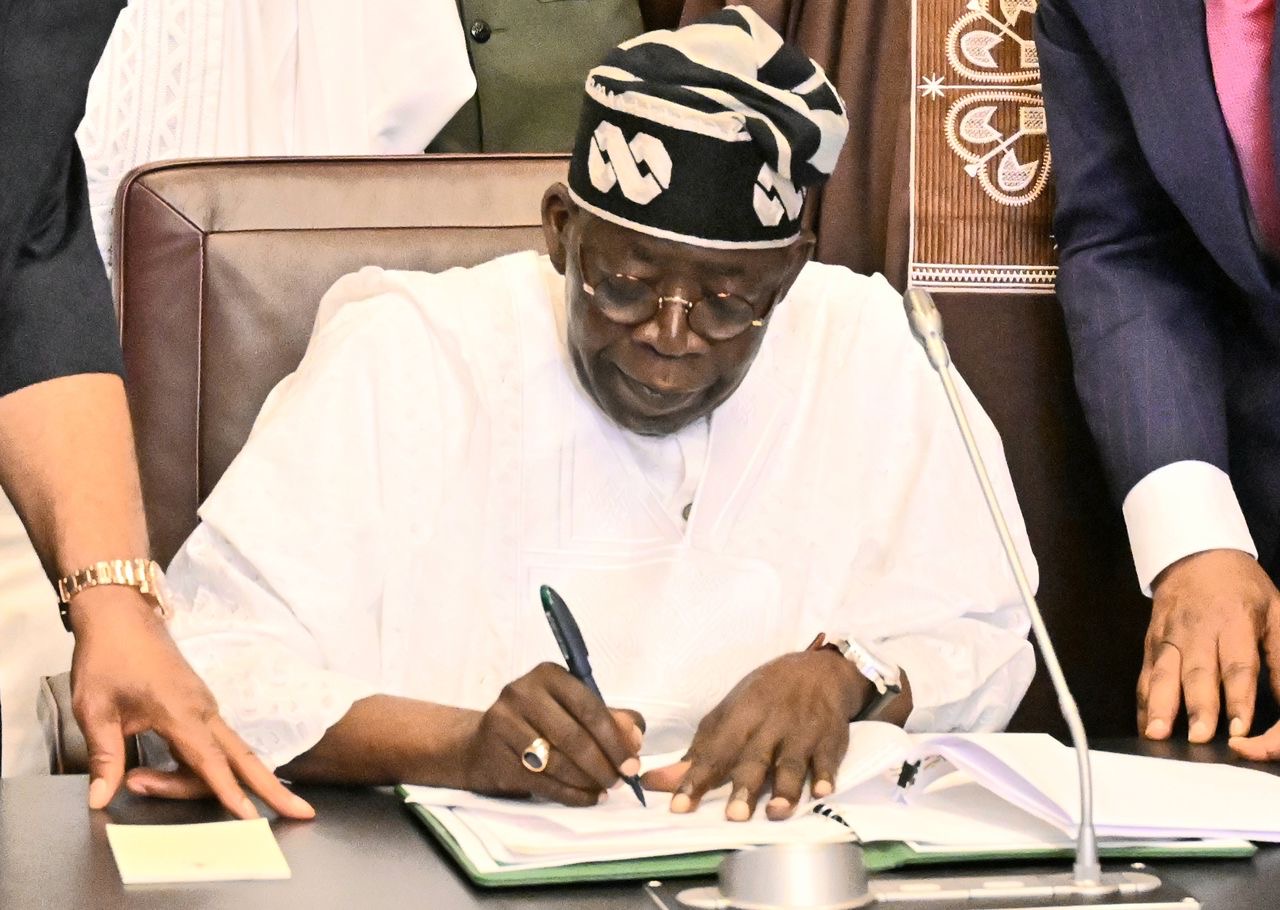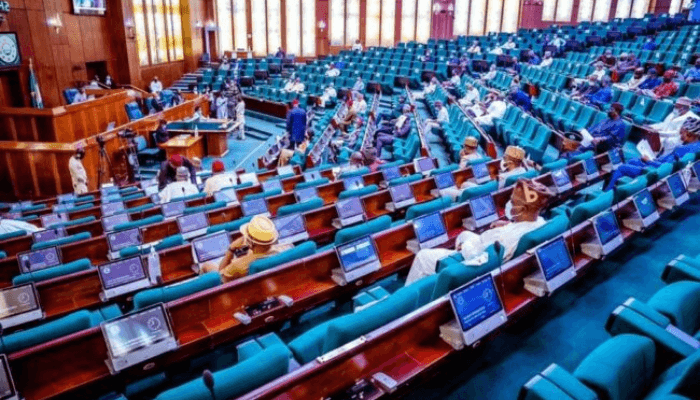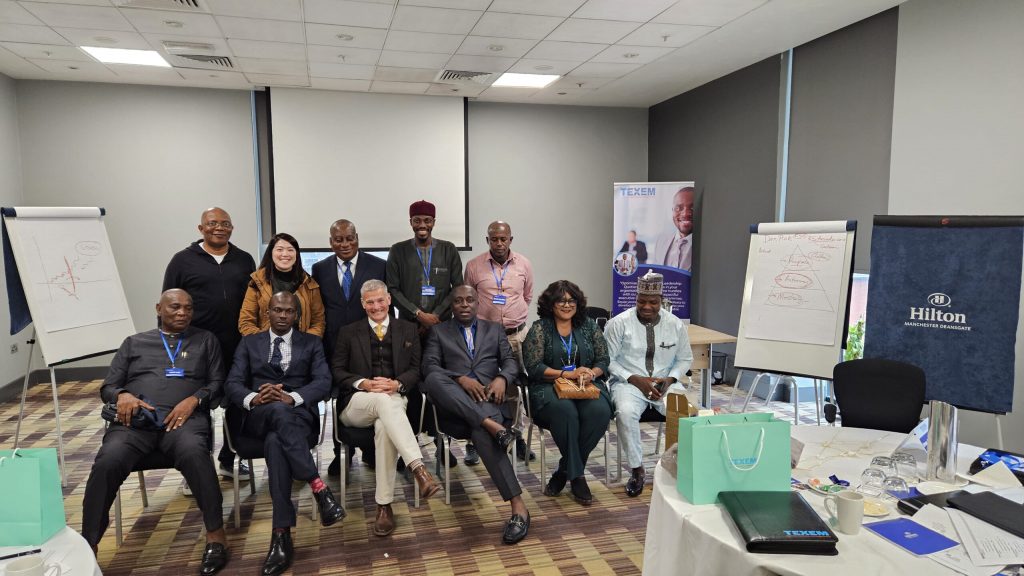In this interview, Head of Financial Institutions Ratings at Agusto & Co., Ayokunle Olubunmi, provides insights into the ongoing banking recapitalisation exercise and its broader implications for Nigeria’s economy. He spoke on how the increased capital base will not only strengthen the banking sector but also create opportunities for emerging industries that could drive long-term economic growth, Nume Ekeghe presents excepts:
My first question will be on banking recapitalisation. What are your thoughts on the recent mergers, also, do you foresee any more mergers before the end of the year, and if so, can you at least tell us the ones you think would happen?
First of all, we need to realise that the recapitalisation of the banking industry is a long road, and it is not over until it is over. As of today, 24 March 2025, I would say that almost all banks seem to be in line with their recapitalisation plans. The Central Bank of Nigeria (CBN) required every bank to submit their recapitalisation plan outlining how they intend to raise the necessary funds at the outset of the recapitalisation exercise in April 2024. Many of the banks are significantly in line with the submitted plan.
The mergers we are seeing in the industry, as you mentioned, were not entirely driven by recapitalisation. Some of these mergers involved banks that were already struggling, and the CBN sought out institutions that could help stabilise them. Additionally, we have seen divestment from a merchant bank. However, for now, most banks are focused on raising capital independently. That being said, a lot can still happen.
In terms of recapitalisation, some banks are targeting foreign inflows. Can you speak on the FX inflow so far, the improvements it has had, and do you think it will be sustained?
When this exercise started last year, many people underestimated the volume of domestic funds available in Nigeria’s financial system and capital markets. Initially, the expectation was that foreign capital would play a major role in the recapitalisation process. However, out of the N4 trillion required for the industry’s recapitalisation, about N2 trillion has already been raised, largely from domestic investors.
From the feedback we are getting, most banks are not heavily relying on foreign investors only a handful of banks are actively seeking major foreign investments. The impact of recapitalisation on foreign inflows will likely come from banks’ ability to support businesses that attract foreign interest rather than directly from the recapitalisation process itself.
Still on FX inflows, considering the political landscape, do you think investor confidence will be sustained, or do you foresee a decline?
Most foreign inflows we have seen so far are from portfolio investors, primarily bargain hunters looking for high yields. The uptick in yields last year was a major driver of foreign inflows. We also cannot overlook the role the CBN played in engaging foreign investors through roadshows and assuring them of the ease of repatriating their funds.
Given that most of these foreign investors are bargain hunters and a lot seem to be at ease with the political environment, if yields remain attractive, many will stay. If yields reduce, I would not be surprised if foreign investors start leaving the country again. For long-term stability, Nigeria needs to attract more Foreign Direct Investments (FDI), as portfolio investors are primarily focused on short-term gains.
The last MPC held the Monetary Policy Rate (MPR) was held. Do you think we will see an easing soon? Also, considering that the US Fed is considering increasing its rates, do you think foreign investors would take flight?
The CBN Governor when he came into office, emphasised that MPC decisions will be data-driven, and the tightening stance has been aimed at curbing inflation. The recent inflation data for February showed some moderation, but it is still too early to make definitive conclusions.
I expect the MPC to adopt a cautious approach at the next meeting. If you look at the inflation numbers, the inflationary pressures are still there albeit reducing. If inflation continues to decline, I expect the MPC to react by easing, but it will be gradual. Unlike the rapid rate hikes, any easing will be measured to maintain foreign investor confidence, as Nigeria remains a relatively high-risk environment where investors seek risk-adjusted returns.
On Trump’s economic policies and his protectionist stance, what impacts do you foresee on investment in Nigeria?
Trump’s policies could significantly alter global economic dynamics, especially supply chains. Countries like China, which have had strong trade relations with the US, may look for alternative markets for their goods. I would not be surprised if some countries are looking at Nigeria with its large and youthful population, as an attractive destination, depending on how we position ourselves.
However, the real concern is Trump’s energy policies. His plans to lower crude oil prices could have significant implications for Nigeria, given that oil remains our largest foreign currency earner. While we have recorded some gains in oil production, the situation in the Niger Delta remains uncertain. If oil prices drop and production is not sustained, it could negatively impact Nigeria’s economy.
The emphasis now is on diversification. In the financial sector, where do you see the most attractive opportunities for diversification?
One of the positive outcomes of the ongoing recapitalisation is that we expect banks to develop new sectors. If you look back to the 2004/2005 recapitalisation, certain sectors that had minimal contributions to GDP flourished post-recapitalisation, as banks had more funds and explored new areas. We expect some new sectors that can actually emerge and could support the economy.
Coincidentally, we are also having the recapitalization of the insurance industry based on the passage of the Nigerian Insurance Reform Bill 2024, we could see increased financial sector stability. Additionally, the ongoing tax reforms bill can also help the fiscal space, if well implemented, could catalyse private sector growth. Nonetheless, Nigeria’s challenge has never been about enacting good legislation but rather its implementation.
What are your projections for the financial landscape for the rest of the year? Also, how is Agusto & Co. contributing to the ecosystem?
Provided there are no major shocks, the consensus among economists is that 2025 will be relatively better than the past two years. While improvements may not be dramatic, the financial sector should experience more stability. Many banks now have additional resources from their capital raises, which could be deployed more effectively.
The key risk to watch is how the industry manages the expected decline in yields. If disinflation continues, yields will likely decline, the question is how do you manage the situation.
At Agusto & Co., we are supporting the economy through research, ratings, and market intelligence. We publish macroeconomic outlook reports, industry reports, and newsletters every two weeks to provide insights and projections. Additionally, our industry coverage spans over 50 sectors, and we release quarterly market intelligence reports to help investors and businesses make informed decisions.










